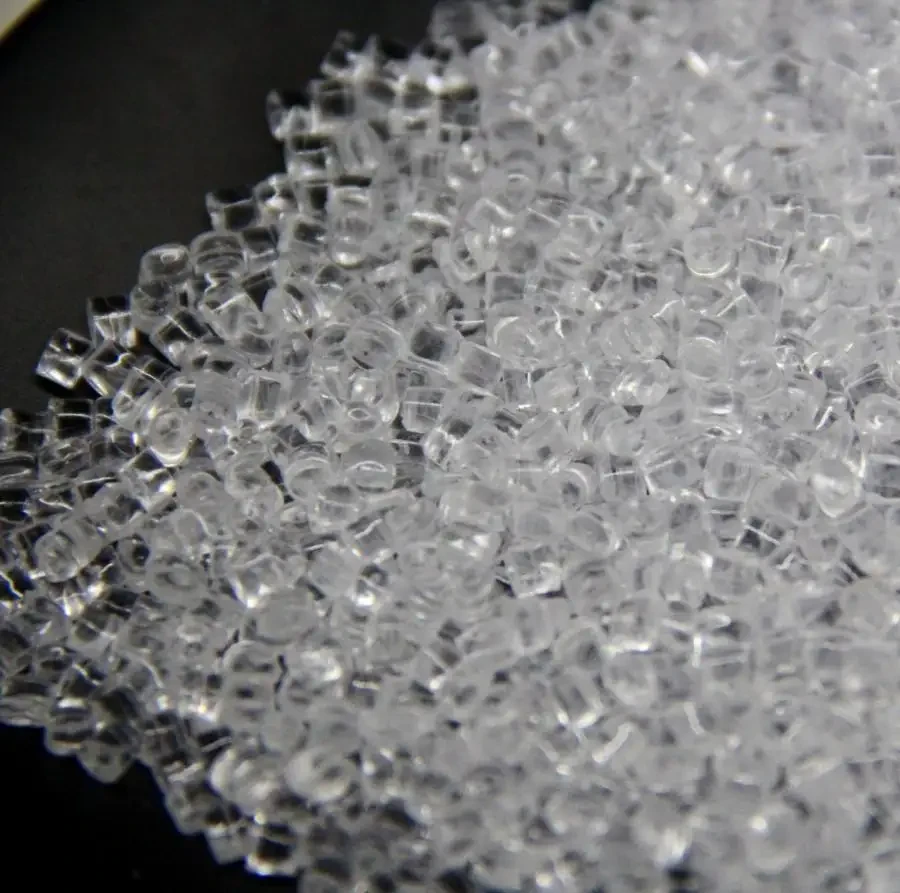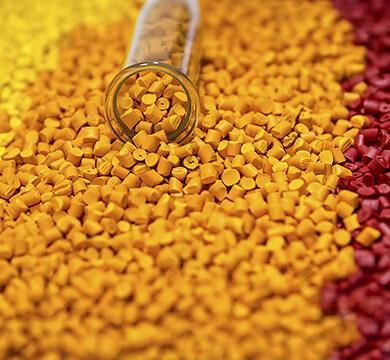Erreur de format d'e-mail
emailCannotEmpty
emailDoesExist
pwdLetterLimtTip
inconsistentPwd
pwdLetterLimtTip
inconsistentPwd

Offer Technical Support and Customized Solutions
The company is committed to creating new and improved plastic materials to meet the evolving demands of the market.

The Injection Molding Process of Polycarbonate (PC)
PC, commonly known as polycarbonate, is colloquially referred to as bulletproof rubber due to its excellent mechanical properties. PC granules features high mechanical strength, a wide range of operating temperatures, good electrical insulation properties (although its arc resistance remains unchanged), good dimensional stability, and transparency. It is widely used in electrical products, instrument shells, and structural components of electronic products. There are many modified products of PC, usually with added glass fiber, mineral fillers, chemical flame retardants, and other plastics. PC has poor flowability and requires high processing temperatures, so the processing of many grades of modified materials requires specialized plastic injection molding structures.
Plastic Treatment
PC has a relatively high water absorption rate and must be preheated and dried before processing. Pure PC is dried at 120°C, while modified PC is generally dried at temperatures above 110°C for more than 4 hours. The drying time should not exceed 10 hours. The adequacy of drying can generally be judged by the extrusion of air. The proportion of recycled materials can reach 20%. In some cases, recycled materials can be used up to 100%, depending on the quality requirements of the products. Recycled materials should not be mixed with different color masterbatches at the same time, otherwise, it will seriously damage the properties of the finished products.
Selection of Injection Molding Machine
Due to cost and other factors, modern PC products mostly use modified materials, especially in electrical products, where fire resistance needs to be increased. When molding flame-retardant PC and other plastic alloy products, the requirements for the plasticizing system of the injection molding machine are good mixing and corrosion resistance, which conventional plasticizing screws are difficult to achieve. It is necessary to specify this requirement in advance when purchasing. Huamida Company has special PC screws for customers to choose from.
Mold and Gate Design
The common mold temperature is 80-100°C, and when adding fiberglass, it is 100-130°C. Needle-shaped gates can be used for small products, and the gate depth should be 70% of the thickest part. Other gates include annular and rectangular shapes. Larger gates are better to reduce defects caused by excessive plastic shearing. The depth of vent holes should be less than 0.03-0.06mm, and the runners should be as short and round as possible. The demolding draft angle is generally about 30°-1.
Melt Temperature
The processing temperature can be determined by the air injection method. Generally, the processing temperature of PC is 270-320°C, while some modified or low-molecular-weight PCs are processed at 230-270°C.
Injection Speed
A relatively fast injection speed is commonly used for molding, such as for electrical switch parts. The process often starts with slow-speed and then transitions to fast-speed molding.
Back Pressure
Back pressure of around 10 bar can be appropriate, but it can be reduced if there are no air streaks or color blending situations.
Residence Time
Prolonged residence time at high temperatures can degrade the material, release CO2, and turn yellow. Do not use LDPE, POM, ABS, or PA to clean the barrel. PS should be used for cleaning.
Precautions
Some modified PC may produce dark brown liquid foam due to excessive recycling (reduced molecular weight) or uneven mixing of various components.

